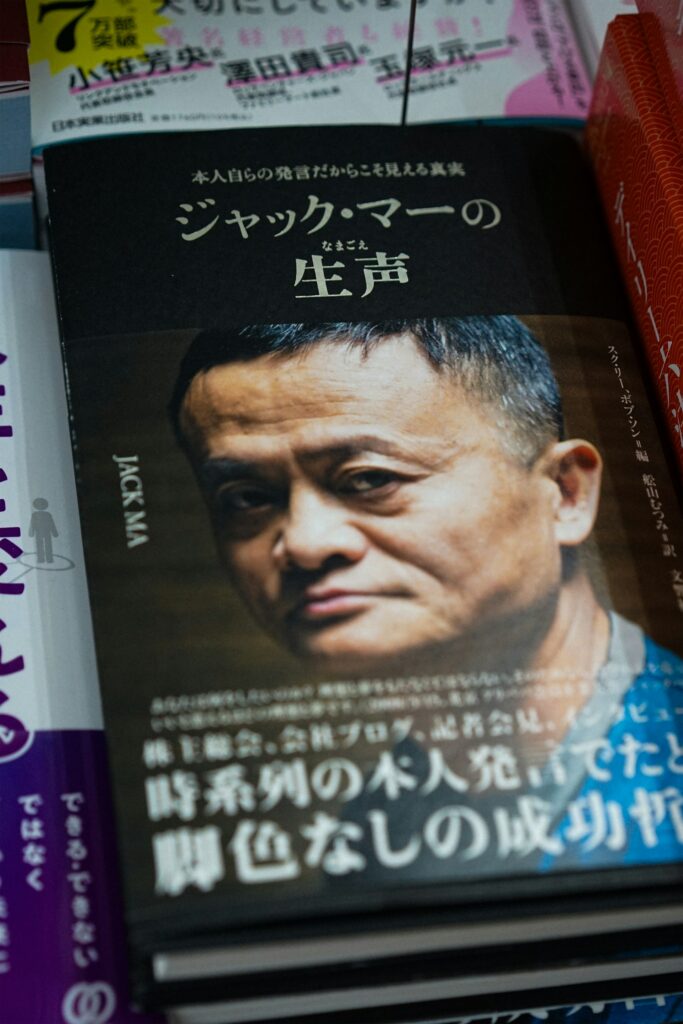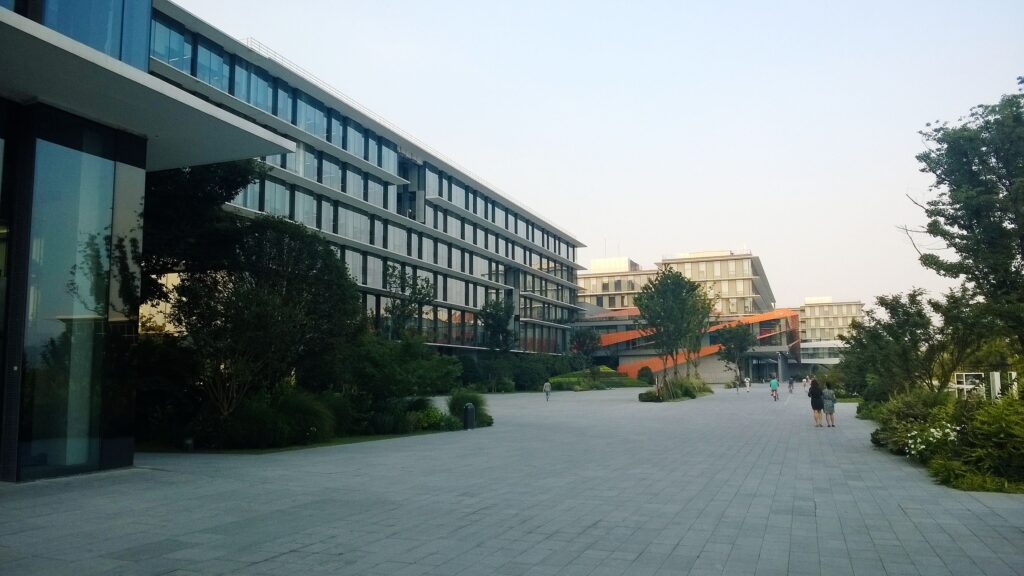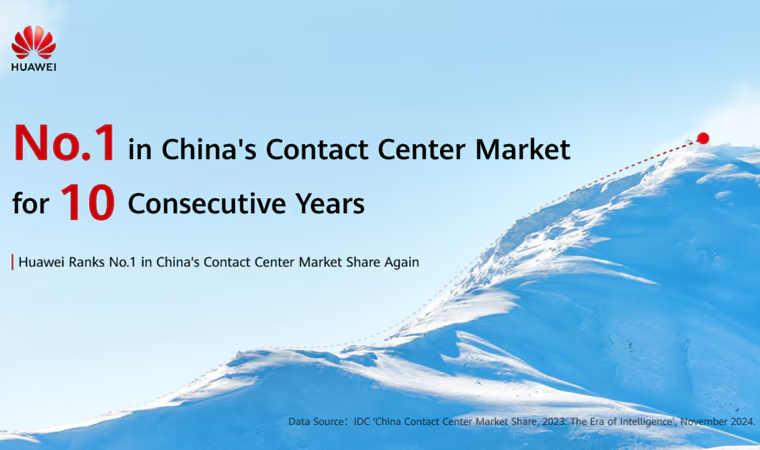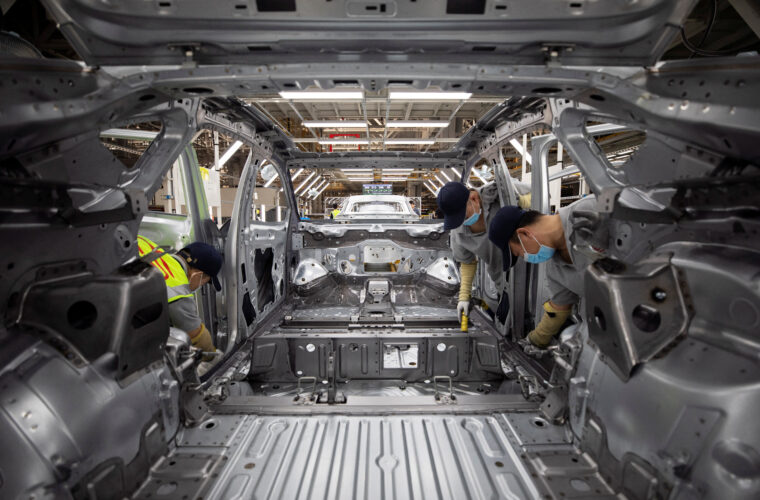Exploiting China’s growth to impose himself and his creature on the world stage and then disappearing from the public scene for criticising the Beijing government’s choices. This is the story of Jack Ma, real name Ma Jun, who became Jack thanks to the nickname given to him by the foreign tourists that the founder of Alibaba welcomed and guided to his country to learn English. These few words explain a lot about Ma’s personality. He was born into a low-income family and used to focus his energies on himself without looking for models to inspire him. Not least because in communist China, there were never any entrepreneurial references, at least until he came along. ‘The goal has always been to focus on my limits and set myself new goals every ten years’.
Studying English, the Internet and a crucial loan
This was an early vision in Ma’s life, growing up at the height of the Chinese revolution and a concrete dreamer dedicated to working and improving himself. That’s why, at the age of 12, he would pedal 40 minutes every day to get to tourists’ hotels to walk around, free of charge. It was a smart choice to learn English, which, after eight years, allowed him to refine his language skills and, above all, to understand that outside the borders of China, the world has turned in a different direction.
Hence, he has the intuition to go abroad and see with his own eyes what kind of life could be done elsewhere. To do this, at the age of 21, he relied on one of the many families he met during his time as a companion. So he landed in Australia and was left open-mouthed: ‘Like all Chinese people, I thought China was the richest and happiest country in the world.
Jack Ma
Willingness and sacrifice in Ma’s life went hand in hand with curiosity, even though he was below average at school, so much so that he failed the university entrance exam twice. The study of English turned out to be crucial because, thanks to his skills, Ma went to Seattle as an interpreter for a Chinese delegation and discovered the Internet in the US. He was thunderstruck by it, realising the potential that was not yet clear to most Westerners, so as soon as he returned home, he went into debt to set up the China Yellowpages website, despite being far from an expert in the field at the time.
To gain experience, he worked for two years at an e-commerce promotion agency, and then in 1999, he convinced a dozen friends to lend him $60,000 to support a project unheard of in China. This is how Albaba.com was born, which later became Alibaba Group and quickly expanded its reach thanks to the many loans from Japanese and American companies and banks, such as SoftBank and Goldman Sachs.


Disappearing from the radar
The eCommerce platform has been making profits and grinding out records, with a record-breaking Wall Street landing in September 2014, raising around $25 billion, recording the largest IPO in history. With continued growth in money and popularity, Ma became the first mainland Chinese entrepreneur to appear on the cover of Forbes, with a fortune estimated at $48.4 billion by 2021.
A symbol of the vertiginous rise of the country of the Dragon, hence of the redemption of a people accustomed to not having personal aspirations in the name of the collective good according to the government’s doctrine, Ma’s parable changed direction in 2020, after the Alibaba daddy made public statements criticising the choice of banks not to help private Chinese entrepreneurs. Words never digested by the communist regime, unassailable to anyone. Even for a giant like Jack Ma. So he ended up in the crosshairs of the rulers, who hit his companies with huge fines, weakening Ma’s business and figure.
Basically, forced to look elsewhere, exile was an almost forced choice. Japan, Thailand, several African countries, and a few stops in Europe have been the places visited by Ma, who has meanwhile left all operational roles at Alibaba, resuming his studies of new farming techniques and approaching several young artists to satisfy his artistic vein. Today, at the age of 60, Ma has accepted several positions as a professor at the University of Hong Kong, the University of Tokyo and the African Leadership University. As in the past, he also has tai chi, which Ma started studying in 2009, hiring several teachers at Alibaba to improve the mental ability of employees.
The new food project
With his assets having halved over the past three years, Ma recently came back into the limelight with a letter sent to Alibaba’s workers, urging them to be protagonists after the company’s reorganisation, which remains a business model in China. In the meantime, however, the desire to do something new from the bottom up has convinced Ma to bet on pre-packaged food, which has seen a huge increase in China since the lockdown. The idea is to produce pre-cooked meals that are heated at home, following the example of Japan. There, the average household relying on pre-prepared meals is around 60%; in China, the current percentage is as low as 15%. The growth potential is, therefore, great, as is Jack Ma’s flair for business.



